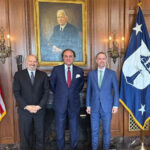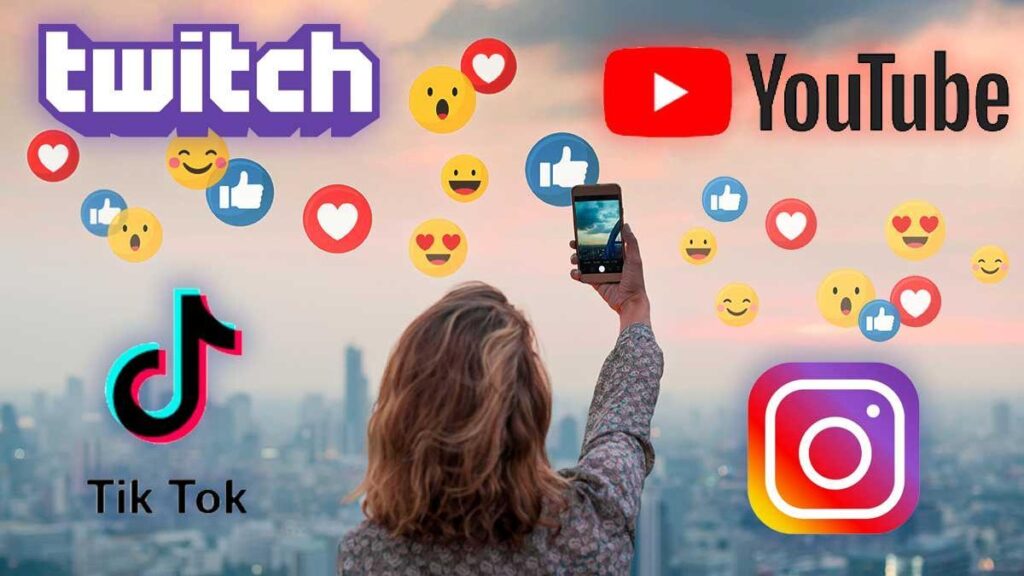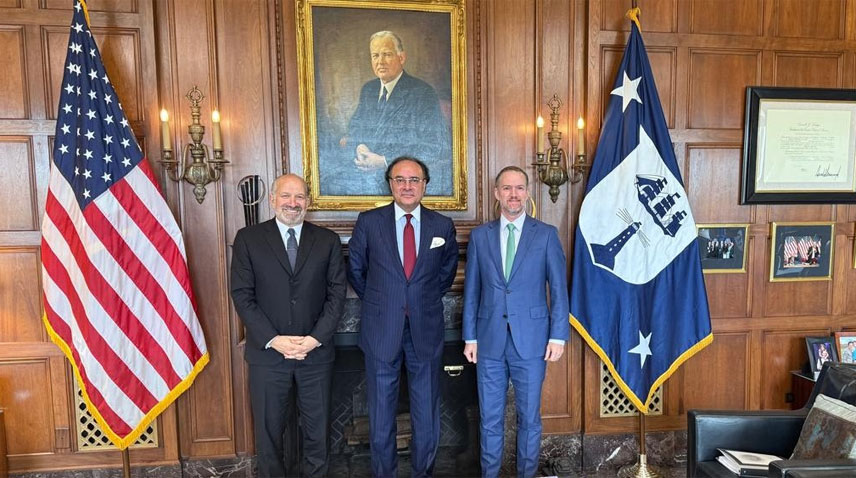In recent years, Pakistan has witnessed an explosion in digital content creation, with vlogging emerging as one of the most popular forms of self-expression and entertainment. Platforms like YouTube and TikTok have provided millions of Pakistanis with a stage to share their stories, passions, and talents with the world, and it’s no surprise that more people are joining the ranks of YouTubers and TikTokers. This surge in content creators is not just a passing trend but a cultural shift that is changing how Pakistanis consume and create media.
The Shift Towards Digital Content Creation
Vlogging, or video blogging, has rapidly evolved from a niche activity into a mainstream form of entertainment and communication. With smartphones equipped with high-quality cameras and easy access to platforms like YouTube and TikTok, aspiring content creators in Pakistan now have the tools and opportunities to showcase their lives, talents, and ideas.
The democratization of digital media means that anyone with an internet connection can become a creator, leading to a boom in local influencers, vloggers, and content creators. Young Pakistanis, especially in urban areas, are increasingly turning to YouTube and TikTok to share everything from personal experiences and lifestyle tips to comedy, beauty tutorials, cooking recipes, and more.
YouTube: The Global Platform for Pakistani Creators
YouTube has long been a go-to platform for creators worldwide, and Pakistan is no exception. With over 35 million YouTube users in the country, it’s evident that the platform holds a significant audience for digital content. Pakistani YouTubers are creating content in a variety of genres, from tech reviews and unboxings to travel vlogs and cooking shows.
Many creators are leveraging YouTube as a way to build personal brands, increase their visibility, and even monetize their content. With the rise of YouTube’s Partner Program, creators can earn revenue through ads, sponsorships, and merchandise sales, making it a viable career option for many.
Popular Pakistani YouTubers like Mooroo, Irfan Junejo, and Shahveer Jafry have made their mark on the global stage, proving that there’s a massive potential for homegrown talent. These creators not only entertain but also inspire others to take up vlogging, resulting in an ever-growing community of YouTubers across Pakistan.
TikTok: A Platform for the Creative and Fun-Loving
While YouTube is known for longer, more structured content, TikTok is all about short, creative videos that are fun, engaging, and shareable. TikTok has exploded in popularity in Pakistan, with millions of active users joining the platform to create quick, catchy videos that often go viral.
The short-form nature of TikTok has allowed users to experiment with different types of content, from lip-syncing to trending dances, funny skits, and even insightful commentary on current events. TikTok has proven to be a fantastic platform for showcasing creativity and connecting with audiences on a more personal level.
For many Pakistani TikTokers, the platform has provided fame, fortune, and even opportunities for collaborations with brands. Influencers like Jannat Mirza, Zubair Kirmani, and Shahveer Jafry have amassed millions of followers and become some of the most influential figures on the platform, inspiring a new wave of creators to jump on the TikTok bandwagon.
The Impact on Pakistani Society and Culture
The rise of vlogging and social media influencers is having a profound impact on Pakistani society. These digital stars are not only entertaining but also challenging traditional norms. From lifestyle choices to fashion and social issues, Pakistani vloggers and TikTokers are pushing the boundaries of what’s considered acceptable and offering fresh perspectives on topics that were once considered taboo.
Moreover, the rapid rise of content creation has opened doors for entrepreneurship. Many influencers are monetizing their platforms through brand collaborations, paid promotions, and even their own product lines. This shift is creating new business opportunities in fields like marketing, photography, video editing, and digital management.
Challenges Faced by Aspiring Creators
While the opportunities are endless, aspiring vloggers and TikTokers face their share of challenges. Access to quality equipment and internet connections can still be a barrier in some rural areas, and many creators struggle with the pressures of maintaining a consistent presence in a highly competitive digital landscape.
Additionally, content creators often face scrutiny and backlash, especially when their content challenges conservative social norms. This has led to debates around digital freedom and the role of social media in shaping public discourse in Pakistan.
The Future of Vlogging in Pakistan
Looking ahead, the future of vlogging in Pakistan seems bright. As more people embrace digital content creation, we can expect to see a more diverse range of voices and perspectives emerging online. With platforms like YouTube and TikTok continuing to grow, there’s potential for Pakistan to become a hotspot for digital content creators in the South Asian region.
For aspiring YouTubers and TikTokers, the opportunities are vast, but success requires creativity, consistency, and a genuine connection with the audience. As technology continues to improve, so too will the tools available for content creation, making it easier for individuals from all walks of life to share their stories and make their mark on the digital world.
Conclusion
Vlogging is no longer just a hobby; it’s a powerful tool for self-expression, entrepreneurship, and social influence in Pakistan. The rise of YouTube and TikTok is transforming the way Pakistanis consume media and how they interact with the world. Whether it’s for entertainment, education, or empowerment, the digital content creation landscape in Pakistan is evolving rapidly, and it’s exciting to witness the impact these creators are having on society and culture.

















